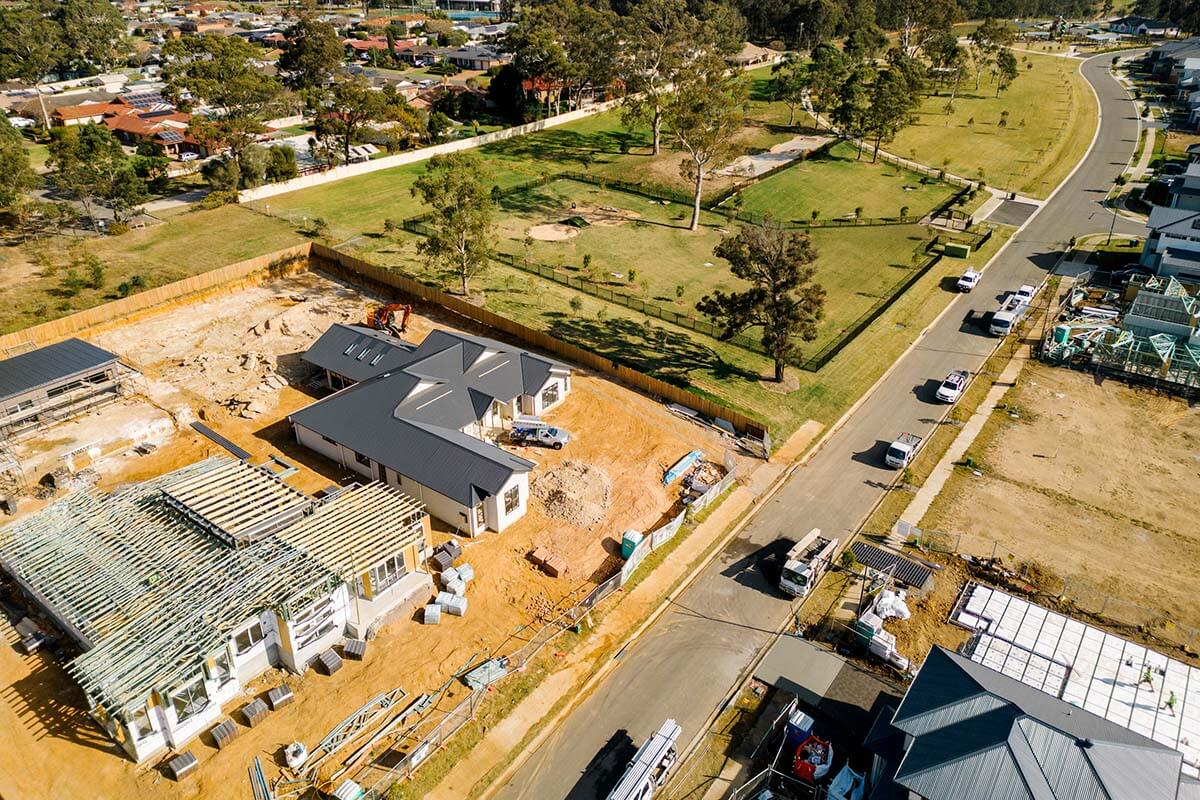The Planning Reform Action Plan builds on the momentum from the current reform measures to create a more timely, certain and transparent planning system.
The action plan addresses the need for reforms and recognises the critical role the planning system can play in the state’s economic and social recovery from the COVID-19 pandemic.
What is the Planning Reform Action Plan?
The action plan outlines long term structural reform of the planning system and consists of a series of initiatives.
We're working with councils, industry and the community and update them on our progress as we develop the different components for each initiative.
The action plan introduces measures to:
- reduce assessment times for planning proposals, regionally significant development applications (DAs) and major projects
- provide new resources for the Land and Environment Court
- reduce concurrence and referral cases between agencies
- expand complying development
- accelerate precinct coordination.
Initiatives
The Planning Reform Action Plan focuses on initiatives that improve the planning system by shortening time frames, getting rid of blockages and providing more transparency to the community.
The Faster Assessments program combines new resources, better case management and system improvements to slash assessment times by June 2023. The changes will see:
- rezoning decisions cut by 191 days (a 33% time saving);
- decisions on RSDAs for larger, regionally significant projects cut by 91 days (a 25% time saving); and
- decisions on major projects of significance to the State cut by 20 days (a 17% time saving).
This measure helps stimulate the economy through stronger investment conditions and sets significant time-saving benchmarks by:
- streamlining processes for planning proposals, RSDAs and major projects
- boosting assessment resources
- actively case-managing government and industry-led planning projects.
It helps reduce holding costs, the costs of preparing applications and also makes it faster and easier to navigate the planning system.
One initiative is the Faster Mapping Amendments program – a process to simplify the finalisation stage for planning proposals that require map-only changes to Local Environmental Plans (LEPs), where there are no changes to the written instrument.
This new pathway was made available to councils in May 2021.
To further support the reduction of planning proposal assessment timeframes and streamline processes, we are working on a range of process improvements such as revised delegations, additional guidelines, clearer timeframes post gateway determination, digital mapping and improving the quality of planning proposals.
We’ve introduced the Engagement and Concierge unit, a team to help resolve complex planning matters that aren’t progressing through the planning system as they should. An important part of the PDU’s work is improving timeframes for concurrences and referrals (approvals from other government agencies involved in the planning system).
This work helps increase investor confidence in the planning system and leads to faster decisions, providing greater certainty for the community and industry.
By mid-2023, the DPE aims to have 90% of concurrence and referral requests completed within agreed timeframes (in most cases 21 days).
We have boosted the resourcing of the Land and Environment Court (LEC) to help clear the backlog of appeals.
We have appointed four new Acting Commissioners, with each allowing up to 75 more matters to be considered each year.
Reforms to complying development, focused on employment areas, offer a fast-tracked approval pathway for low impact development. This means projects that meet strict construction and building standards will be signed off faster by council or an accredited certifier.
We’ve made it easier for businesses by allowing them to do more work without the need for a development application as long as they meet the development standards. We amended the State Environmental Planning Policy (Exempt and Complying Development Codes) 2008 (Codes SEPP) so businesses can establish, change and grow without the need for lengthy planning approvals.
The changes make it easier for businesses to operate and innovate. As long as businesses meet the rules, they can extend their operating and trading hours, set up a click and collect bay in the car park, or change their business altogether.
The changes started on 1 February 2022 and included:
- a wider range of land uses so businesses can quickly adapt their offerings to new market demands for things like entertainment facilities, indoor recreation facilities and creative industries
- new and larger building allowances to attract more investment
- flexibility to carry out site and parking upgrades to accommodate new modes of delivery
- stay open for longer in certain areas to support night-time economies.
Visit Building Business Back Better to learn more.
Read more about the Employment Zones Reform project.
We're working with councils and NSW Government agencies to resolve complex issues at the planning stage, and ensure precincts are delivered with the right infrastructure in the right place at the right time.
Better coordination across government helps us deliver more housing and employment hubs across NSW, bring more certainty and demonstrate the benefits for government, communities and the industry.
It ensures there is coordination from the top down and drives the delivery of housing and employment hubs across the state.
More information
For more information read the NSW Planning Reform Action Plan – Frequently asked questions (PDF, 93 KB).
